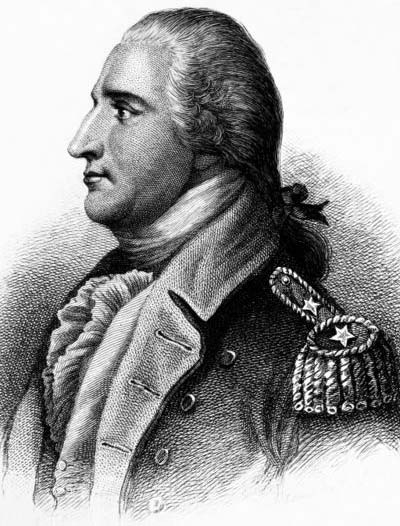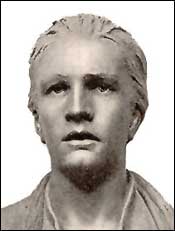 The CIA turncoat, Aldrich Ames told me that one country’s traitor is another country’s hero.
The CIA turncoat, Aldrich Ames told me that one country’s traitor is another country’s hero.
He then quoted from the Declaration of Independence: “When any Form of Government becomes destructive..it is the Right of the People to alter or to abolish it….It is their right, it is their duty, to throw off such Government….”



